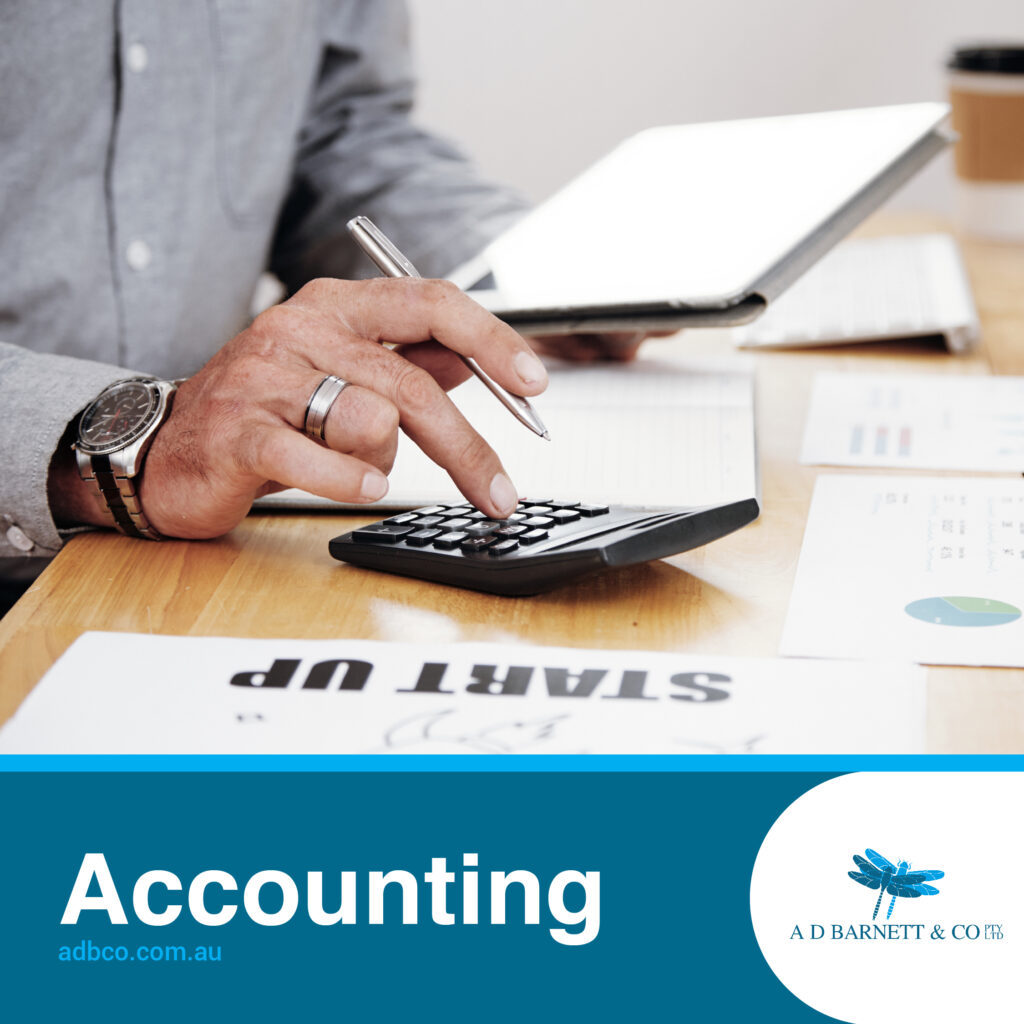
When the deadline approaches, taxpayers start preparing their documents to calculate income and deductions. You might not be the one who waits for the last minute to rush but many individuals do this. Since ATO approves only those deductions and claims that are supported by receipts and records, it is essential to save and maintain them. Let’s learn more about keeping records for maximizing deductions and reducing your tax liabilities.
Written Records to Claim Deductions
For claims amounting to more than $300, written evidence is essential. However, instead of submitting proof for just $300, you need to provide details of the complete amount being claimed. This excludes expenses for meals, travel, and transportation as those can have special records and evidence.
These records testify to your expenses and show how you calculated the amount of deduction you are claiming. All your written evidence must contain the date of transaction, amount, item, and supplier’s name. And for claims under $300, you can provide self-documented evidence along with supporting information.
How to Keep Records?
Starting from the time of the transaction, you should maintain the records for up to five years. And in case of a dispute, keep the records until the resolution. If you are claiming a deduction for depreciated assets, you need to maintain records throughout the period of the claim plus extra five years. However, if you have certain transactions that you will be claiming later, you need to keep the records safe until the same is settled.
You can either maintain manual or electronic records with the latter gaining prominence nowadays. Or you can hire a Toongabbie accountant to do the job for you, minimizing delays and errors.